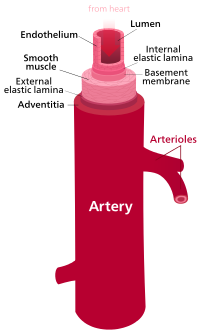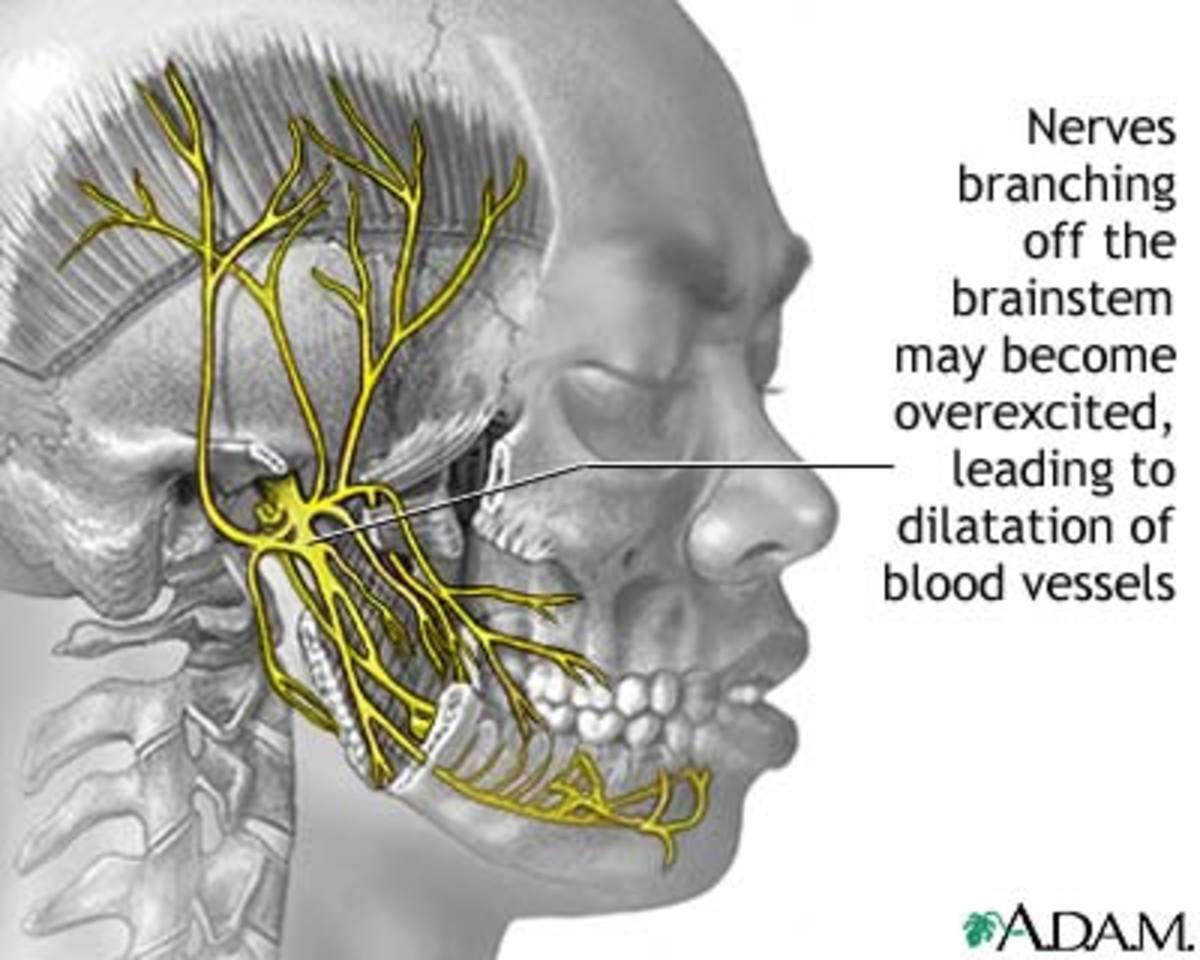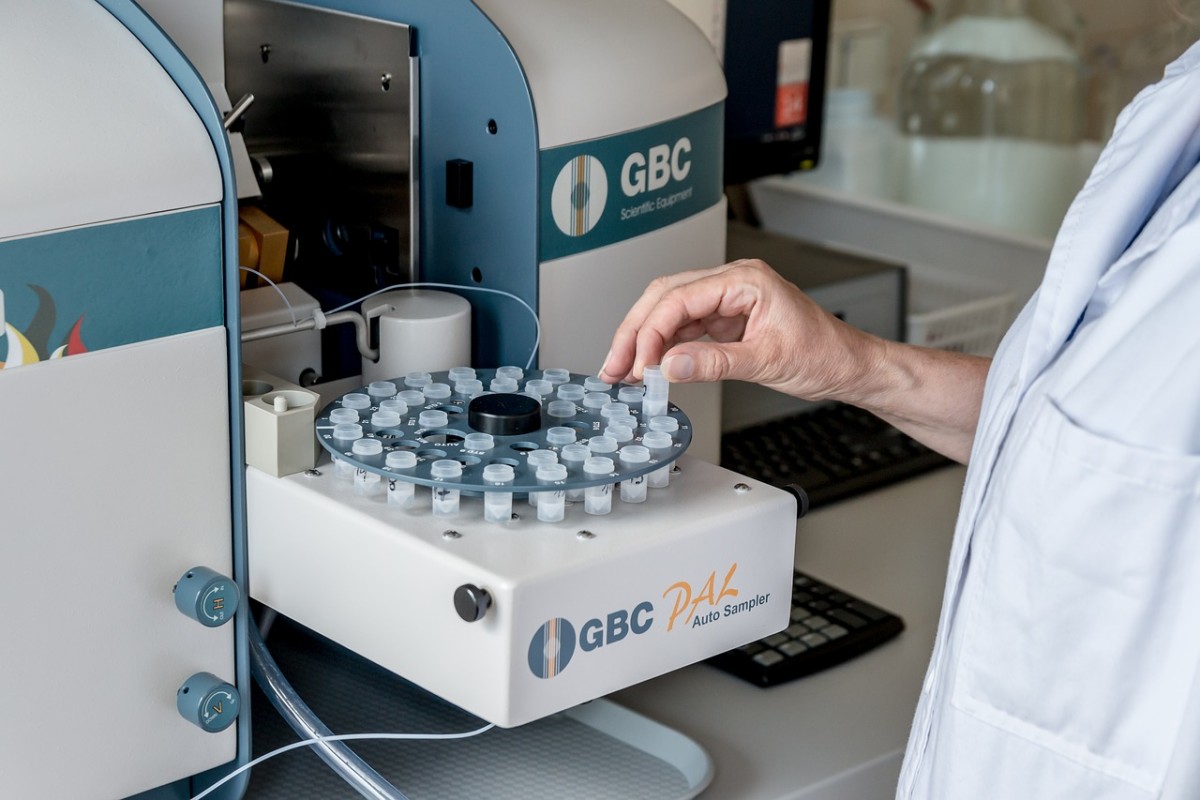Cardiovascular Disease: Prevention and Treatment
"You Can't Handle the Truth!"…about cardiovascular disease.


Change Your Habits, Extend Your Life...
Working as a Surgical Technologist for 25 years has allowed me to see just about every kind of surgical procedure there is. I was privileged to work with an outstanding vascular surgeon for the last 5 years in which time I learned a great deal about vascular disease, it’s causes, and it’s effects on those who suffer it’s ravages.
I had always thought of atherosclerosis (hardening and narrowing of the arteries) as an older person’s disease, but the truth is that while there is certainly a genetic component much of the problem is the result of a lifetime of consistently bad health choices. In the 1950s and 60's autopsies of young Americans killed in the Korean and Vietnam wars showed between 50% to 75% of them were already affected by early onset of the disease. One piece of good news is that during the last 30 years death rates have fallen by 25%.
Atherosclerosis Prevention
Atherosclerosis is progressive, but it's also preventable. Here are several "no no's" you can avoid and thus reduce your risk of cardiovascular disease.
1. "No" Smoking
2. Control your cholesterol- have LDL's checked
3. Stress- exercise is a natural stress reducer in addition to all of it's other health benefits.
4. Diabetes- Although there is a genetic component, having a high sugar diet increases your chances for the onset of this terrible disease. I suggest reading GRAIN BRAIN By Dr. David Pearlmutter
5. Lack of fruits and vegetables
6. Excessive alcohol intake (more than one drink for women, one or two for men, per day)
7. Sedentary life style, not routinely exercising
You may notice all of these have something in common: You can dosomething about them! Your health is not predetermined. Yes, genetics plays it’s part, but so does your personal effort. Experts agree that reducing your risk factors leads to a lower risk of cardiovascular disease. Aspirin effectively thins the blood reducing the risk of clotting, however, thin blood produces it own set of risks so consult your personal physician before implementing this tip.
Atherosclerosis Treatment:
Once a blockage has developed, it's generally there to stay. With meds and lifestyle changes plaques may slow or stop growing. They may even shrink slightly with aggressive treatment. For advanced atherosclerosis endarterectomy may be necessary to correct/prevent complete arterial blockage or stroke.
Lifestyle changes:
Reducing the lifestyle risk factors that lead to atherosclerosis will slow or stop the process. That means eat healthy, exercise, and NO SMOKING! These lifestyle changes won't remove blockages, but they will lower the risk of heart attacks and strokes.
Final Thoughts
For years health care workers have been pleading with patients to take control of their health. “Think of your grandchildren, don’t you want to be around to see them grow up?” What if we looked at it differently. It shouldn’t be about you, the self indulgent patient. It should be about the grandchildren. You don’t have the right to deprive them of you. They need your wisdom, your guidance and help. They need you to be there to tell them embarrassing stories about their parents. They need to spend a weekend or two a month at your house, helping you do chores, listening to you tell them about “the good old days” with all the necessary embellishments. They have a right to you, and you have the opportunity to be blessed by them. What a shame for both if that opportunity is missed for the sake of potato chips, candy bars, and well worn couches.
To your health! L’chaim! (to life)








